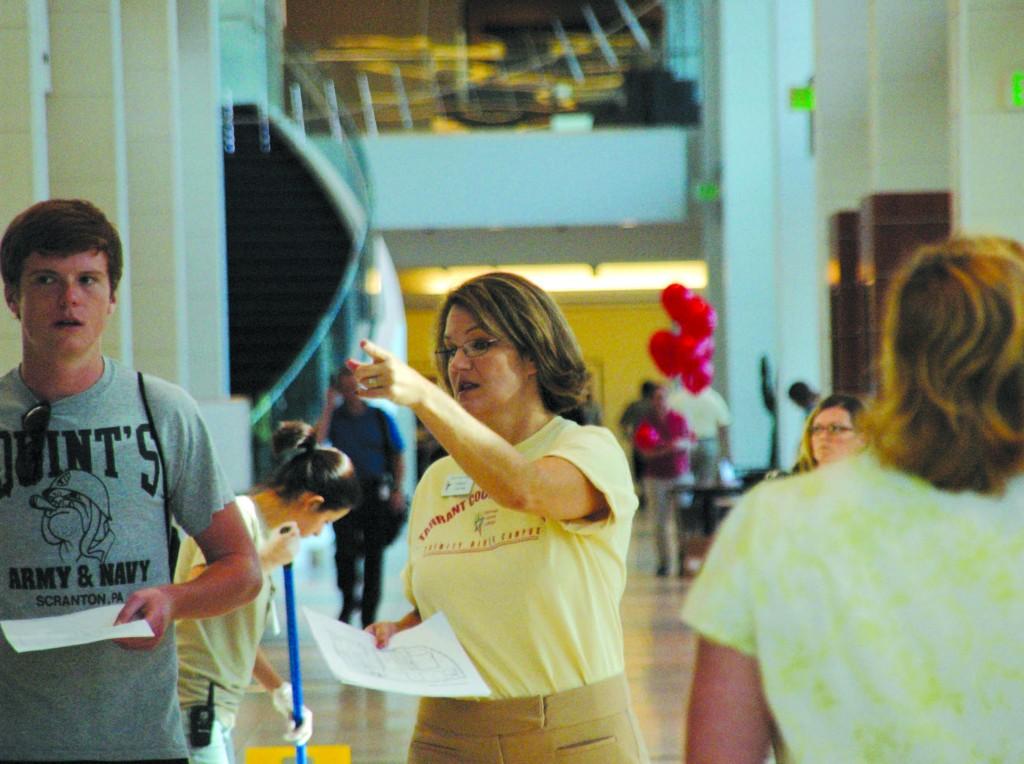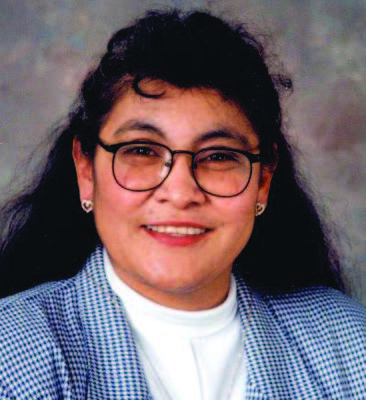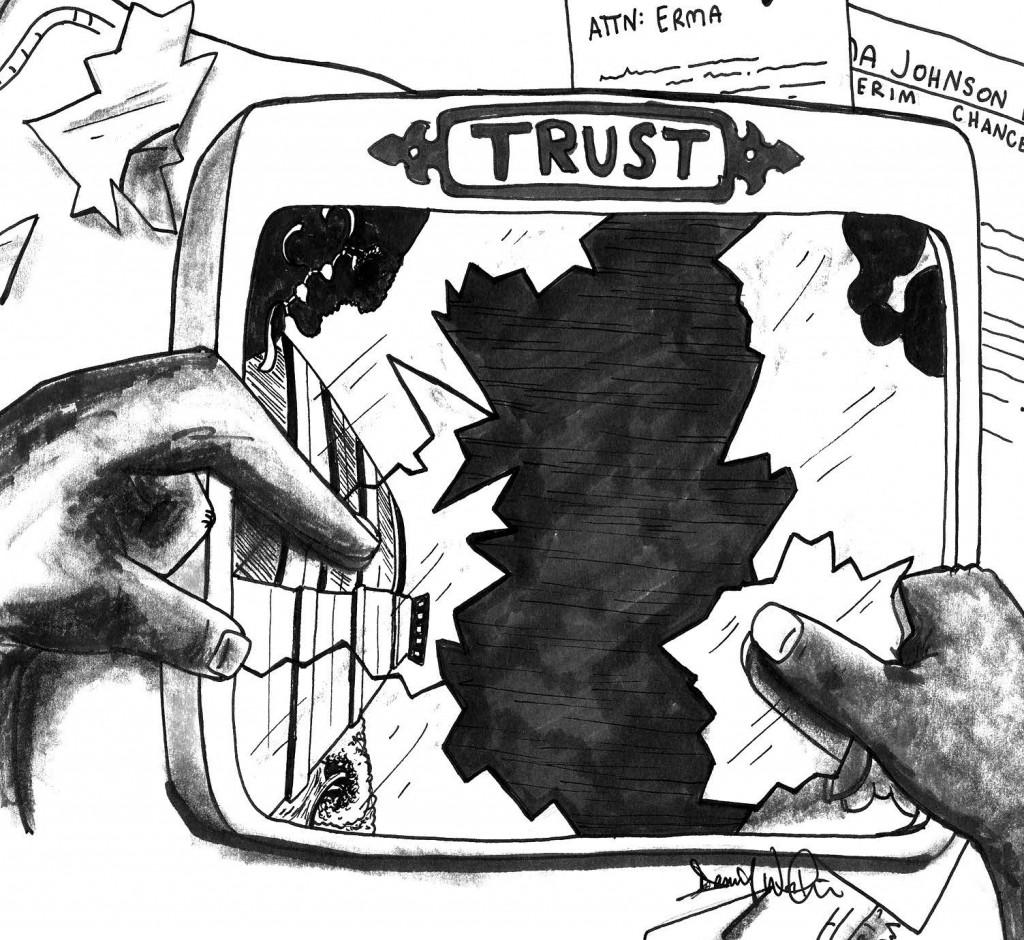By John Harden/reporter
New students attending college for the first time or returning this semester will possibly tackle new and unfamiliar situations.
But there’s one person who’s been around since preschool to help with the real headaches — the school nurse.
TCC doesn’t have a medical center to assist students, faculty and staff with major medical problems, but it does have registered nurses to assist with minor health concerns.
“We can only help patients with symptomatic problems,” said NE health services coordinator Pat Marling. “We also help students with small injuries and educate them on self-care.”
Because nurses offer the treatment, they can only provide students with a limited amount of support.
“We can only act as nurses,” said South health services coordinator Flo Stanton. “We only give assessments and referrals. We can’t diagnose a patient’s condition because we’re not doctors, and it’s against the law if we do.”
Though limited, each health center provides a variety of health services and programs such as an annual health fair, classroom presentations, flu shots and health counseling.
Except for the flu shots, all services and events organized by the health center are free.
During the fall, Stanton says flu shots will be important for everyone to take advantage of because of swine flu.
“It’s expected to get really bad in the fall,” she said. “So getting a flu shot will be a big concern for most people. If you do get the flu, I can only recommend that you stay home.”
One of the primary programs on each campus is the annual health fair. NE and NW both organize their health fairs in the fall and South, SE and Trinity River in the spring.
The event comprises vendors presenting educational material on healthy living.
“The health fair is just a plethora of information,” Marling said. “It’s very informative to students and the community in general who want to have health screenings.”
Health services also works with community-based services such as the Red Cross, Carter BloodCare and the National Marrow Donor Program at least once a month. Students then have the option to donate blood or sign up to be a bone marrow donor.
All campuses also offer free, confidential HIV and syphilis testing through the AIDS Outreach program at least once a month throughout the semester.
“STD testing and blood drives are big things that we do,” Stanton said. “Our health services don’t necessarily administer the testing. We only organize and give the testers a place to set up, and they call the students with the results.”
Free, confidential counseling to students on topics like nutrition, fitness and mental health are also available to students.
“We do give health counseling,” Marling said. “We can sit down with students and give them advice to stay healthy.
“When we’re approached with anything outside the range of nursing, we refer students to places and organizations that can help them.”
Health services does not provide, endorse or recommend health insurance providers to students.
“We get tons of students asking for insurance,” Marling said. “But we don’t offer that to students. The only thing we’re allowed to do is counsel and give referrals. It’s kind of sad the number of students here that don’t have insurance.”
Anyone interested in learning more about what each health center offers can call health services at 817-515-6222 for NE, 817-515-7790 for NW, 817-515-4531 for South, 817-515-3591 for SE and 817-515-1059 for TR.
The NE Campus health center is located in the NSTU 1704, the NW center is located in the WCTS 1124E, the South center is located in the SACC 1306, the SE is found in the ESEC 2118A and TR in TREF 1312A.

























